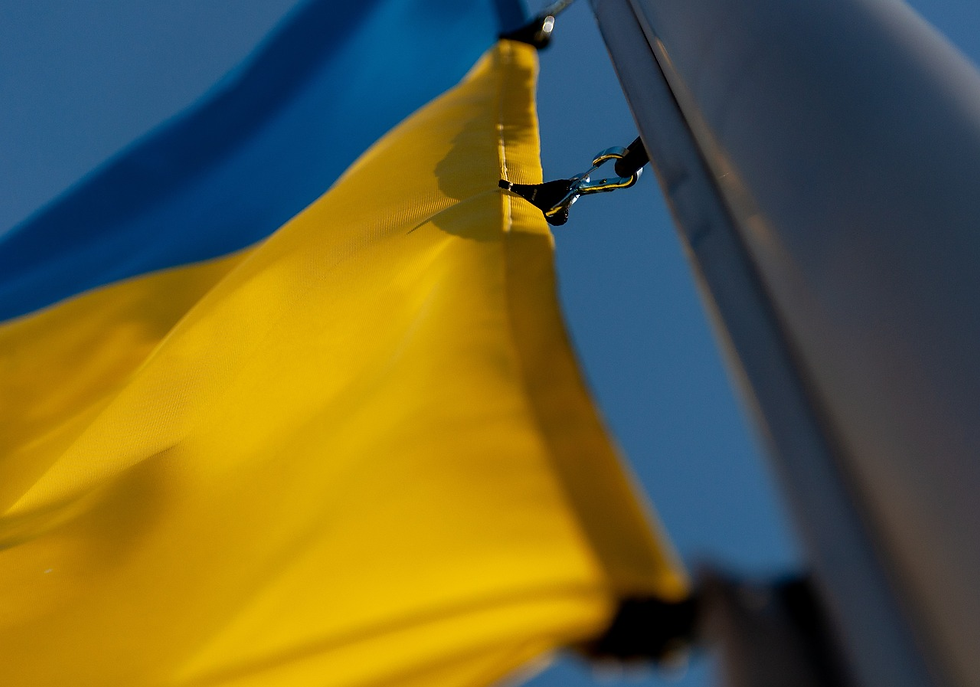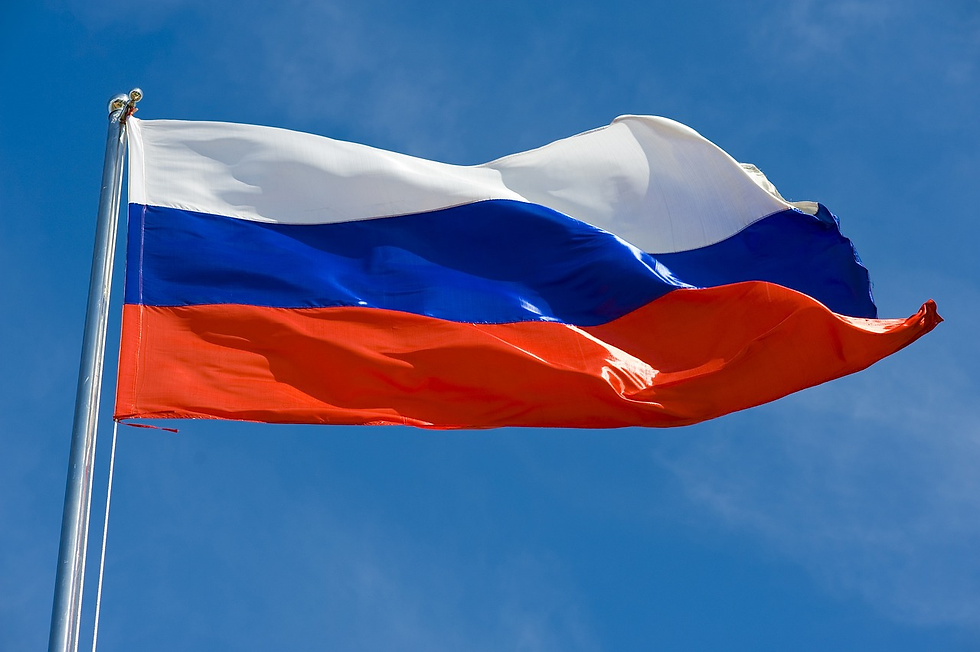The Plight of Immigrants and Black, Asian and Minority Ethnic Students in Ukraine
- Anishkaa Worthington
- Mar 15, 2022
- 3 min read
Updated: Dec 23, 2024
According to data produced by the British government in 2020, there were over 76,000 international students studying in Ukraine. Indian students account for the majority of this international population, while Ukraine also accommodates a large portion of students from Africa and the Middle East. Ukrainian universities have always been appealing to international students, often offering an affordable path to the European job market, as degrees cost relatively less compared to the UK. Also appealing is the fact Ukraine offers more lenient visa terms for graduate students interested in the possibility of permanent residency. It is no secret that these international students play a significant role in the country’s economy.

However, as Russia continues to wage war against Ukraine, countless students have been left trapped in the country without any certainty about the future of their education. Ukraine has closed its entire airspace, preventing any civil flight traffic. Black and Asian students have reported being refused access to buses and trains when fleeing from conflict in Ukrainian cities, while border guards appear to have prioritised the safety of white people.
Jessica Orakpo, a Nigerian medical student, shared her experience of fleeing Ukraine with the BBC; she reportedly begged border control guards to help her leave, but they replied that only Ukrainian nationals were allowed to pass, adding that anyone who was Black should walk. She even tried lying about being pregnant so they would permit her to cross the border, but was still denied access. The next day, she was able to get a train to Poland, but even this was difficult because she had to pay a great deal for the journey. “Those that didn’t have money to pay, what would they do?” she asked.
Another Nigerian national, who has been living in Ukraine with his family since 2009, was told by the driver and military officials to get off the bus they were on to cross the border out of Ukraine because “no blacks” were allowed on board. They were left stranded at the train station along with other Africans, Indians, and Arabs.
An Iranian student, studying dentistry at Kyiv International University, became a Christian during the five months he has spent in Ukraine. He explained that returning to Iran as a result of Russia’s devastating attack would endanger him, as he feared religious persecution. Currently, his only other option is to be accepted as a refugee in another country.
Many international students have been caught in the ongoing conflict and have lost their lives whilst fleeing for safety. Naveen Shekkhapura moved from India to Kharkhiv to study medicine four years ago. When the fighting broke out, he found shelter in a bunker and was killed in a shelling when he stepped out to buy food for him and his friends. Indian students who have survived the conflict have walked miles in “freezing temperatures” in order to seek refuge in nearby countries; many believe they were made to wait longer to cross the border due to their ethnicity.
Videos and posts of African and Indian students seemingly being beaten by guards at the Ukraine-Romania and Ukraine-Poland borders have also circulated the internet.
Students especially have taken to social media to share their plight as they have taken refuge in crowded bunkers and metro stations without food or water. Most of them do not have access to the internet, so are unable to contact their families for help or send them updates about their wellbeing.
The Indian government has mentioned plans for its air force to repatriate Indian students and nationals who have been left trapped. President Muhammadu Buhari of Nigeria condemned the prejudiced and discriminatory treatment of African students trying to escape Ukraine, and stated that, according to UN Convention, neither skin colour nor the colour of passports should influence the treatment of anyone seeking safe passage when fleeing conflict.

_edited.png)


Comments